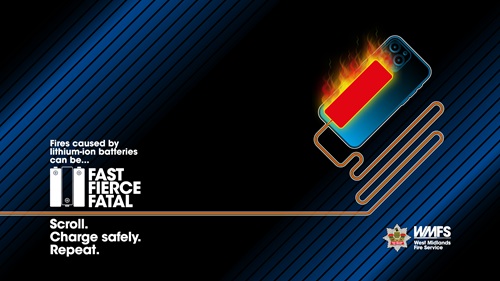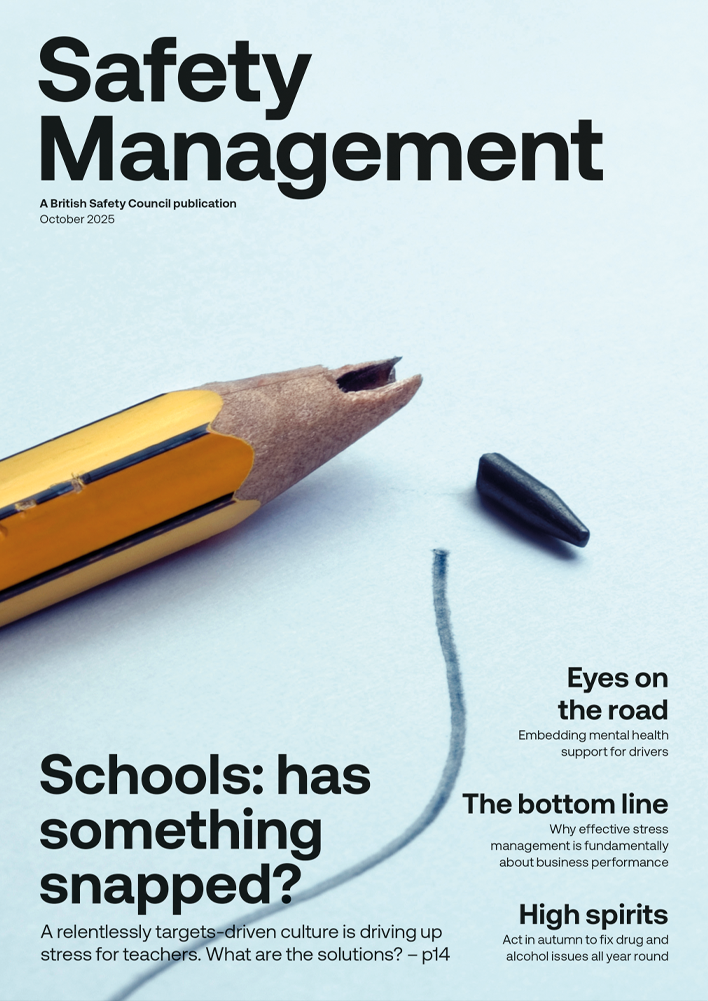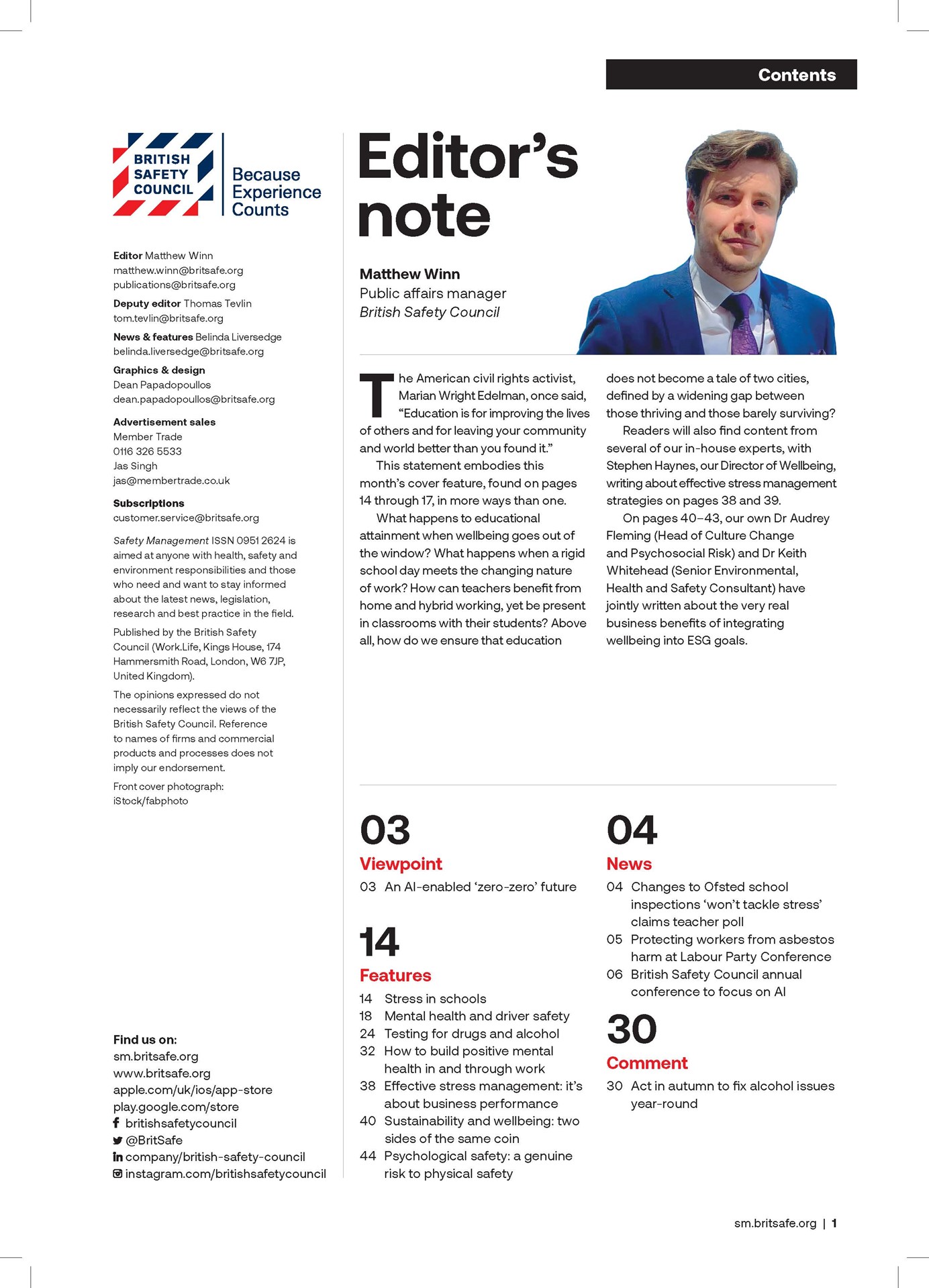The number of schools in England where at-risk concrete has been identified has risen to 174, according to the Department for Education (DfE).
News
Number of schools with at-risk concrete continues to grow
Schools and NHS buildings made from reinforced autoclaved aerated concrete (RAAC) could be unsafe or face closure, the UK government has admitted.
Problems began during the school holidays, involving a number of incidents at schools including the collapse of a beam which had not appeared to be a critical risk.
According to the government’s updated list, most schools have been able to continue with face-to-face education, but there are some which have been forced to operate online. Others have opened temporary classrooms.
 Schools and NHS buildings made from reinforced autoclaved aerated concrete (RAAC) could be unsafe or face closure, the UK government has admitted. Photograph: iStock
Schools and NHS buildings made from reinforced autoclaved aerated concrete (RAAC) could be unsafe or face closure, the UK government has admitted. Photograph: iStock
RAAC is a lightweight form of pre-cast concrete which is reinforced with metal. It was made in factories using fine aggregate chemicals (rather than coarse aggregate), which creates gas bubbles within it.
This method of construction makes it porous and permeable meaning that water ingress can cause the steel reinforcements within it to corrode. Predominantly used on buildings during the 1950s to 1980s, it was favoured because it was cheaper, quicker to produce and considered easier to install than standard reinforced concrete.
HSE says RAAC is now beyond its lifespan and may ‘collapse with little or no notice’. Daniel Kebede, General Secretary of the National Education Union, warned that the list of schools affected is “certain to grow” as further are inspected.
“There is still a lack of clarity and timeframe from Government on when all schools at risk will be investigated by qualified structural engineers to assess the extent of the problem and the measures that need to be put in place to rectify the presence of RAAC.
“Schools must now get all the support and help they need to ensure that a complete picture of the problem is given, and that proper measures to rectify are undertaken speedily. Portacabins and marquees are not a long-term solution. Our children deserve better.”
List of schools affected by RAAC here
NEWS

Work more likely to impact on mental health for female workers, HSE stats suggest
By Belinda Liversedge on 03 December 2025
Female workers report significantly higher rates of stress compared to their male colleagues, HSE statistics show.

Fast. Fierce. Fatal. campaign highlights dangers of fires from lithium-ion batteries
By Belinda Liversedge on 26 November 2025
A campaign to highlight the dangers of fires caused by lithium-ion batteries has launched following an increase in one fire service’s callouts linked to fires caused by charging e-bikes and common devices.

Top jobs in safety in greatest demand right now, says recruiter
By Belinda Liversedge on 29 October 2025
Senior safety professionals who can influence culture, lead transformation, and align health and safety with wider business goals are in growing demand by employers, the recruiter Irwin & Colton have said.



